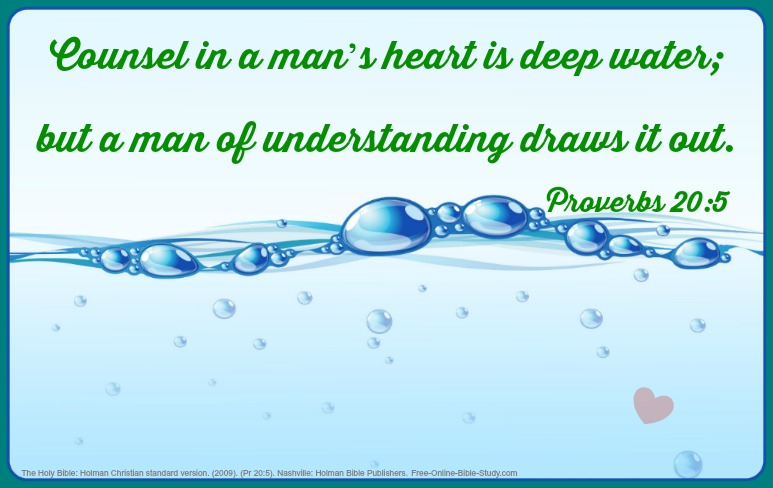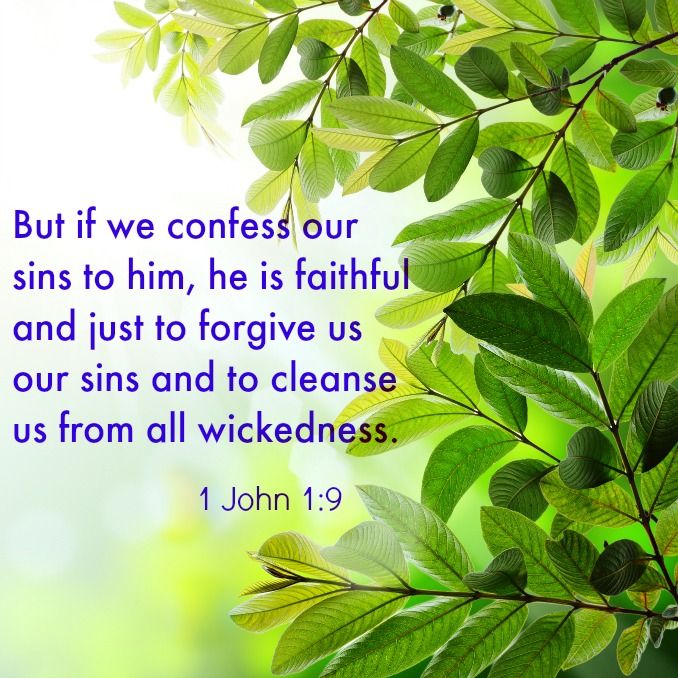- Bible Study Lessons
- Proverbs
- Proverbs Chapter 20
Proverbs Chapter 20
There are several Bible study lessons we will write from our study of Proverbs Chapter 20. This first lesson is taken from a study of verses 8 and 9. Other lessons will follow. We pray theses Bible study lessons will bless you.
Proverbs Chapter 20 Verses 8 and 9
8 A king sitting on a throne to judge sifts out all evil with his eyes.
9 Who can say, “I have kept my heart pure; I am cleansed from my sin”?
Proverbs Chapter 20, verses 8 and 9 presents two very different ideas. The first idea is very foreign to us but we are all intimately familiar with the second idea.
In verse 8, the proverb writer gives us the idea of a king on a throne; which, by itself, is foreign to our modern minds. The king is winnowing in verse 8, which is also unfamiliar to us.
However, the second idea presented in Proverbs Chapter 20 verse 9 is something
with which we are regrettably too familiar. In verse 9 we find a simple statement that applies to all
children born of mankind into this world.
The rhetorical question is asked:
“Who can say, ‘I have made my
heart pure; I am clean from my sin’?”
Of course, the honest man knows the answer to the question: no one!
Yet there is one man who was born of God who was without sin – Jesus Christ. I want you to know today that because Jesus Christ lived a sinless life, your sins can be forgiven so that you can have fellowship with God.
Winnowing the Sinful
We see that the context is the judgment of “a king” in verse eight. The ancient proverb reader could easily relate to a king on his throne of judgment in verse eight. Today it may be harder to relate to the cultural context of a governmental king who judges, but the ancient world understood the king as a judge and one whose counsel stood.
The proverb illustrates that the righteous king cleanses his kingdom from evil. The king is said to winnow the evil. Winnowing is an agricultural term for a process used to prepare grain for consumption. Winnowing followed threshing (or beating) the grain to separate the edible elements from the useless parts, which is called chaff.
The edible grain elements are heavier than the chaff. The chaff is discarded or winnowed by tossing
both in the air and letting the wind carry the useless chaff away while the
edible grain falls to the ground.
Worthless chaff represents anything useless, or of no account, or
anything that would pass away without a trace.
The chaff is what the king desires to remove by winnowing with just his eyes. God as the king in verse eight does the hard labor that took months for ancient agricultural laborers and animals to harvest grain. The skills required in threshing mirror the divine intelligence of God the righteous king who judges all people. God simply winnows by using His eyes – by seeing. God is all knowing because His eyes see all.
God winnows the sinner from those who are His born-again children. He knows His children just as surely as your parents know you. Ultimately, God will separate sinners who are not born again from His regenerate children. God harvests those who have received the seeds of eternal life through faith in His Son Jesus Christ.
Our Compassionate Judge
The proverb writer asks the same question in Proverbs Chapter 20 verse 9 that he’s asked for thousands of years. His timeless question is this:
“Who can say, ‘I have made my heart pure; I am clean from my sin.’”
No man has been able to answer and say, “It’s me!” or “I have!” Even today, no one can truly say that he has, by his own power or by his own actions, made his heart pure and cleansed of sin.
There are two points to be made regarding verse nine:
First, the context is judgment.
The context of Proverbs Chapter 20 verse 9 is found in verse eight - it’s judgment. A key point of verse nine is that God is our judge - we're not our own judges. Because God sees all perfectly, only He is fully capable of being the perfect judge.
We cannot judge ourselves, however sincere we might be. We can't risk thinking we're pure even when we have no good reason to believe otherwise, and might draw such a conclusion in good faith. We can't be certain that we're not self-deceived. We can't risk failing to plumb the unsuspecting depths of duplicity and perversion which Yahweh will take into account.
Secondly, our judge is compassionate.
Although the king wishes to cleanse his kingdom of all sin, he is a compassionate judge. First, He recognizes that no one is without sin; and secondly, that no human being can cleanse his heart from sin. The tension between the practical blamelessness and the winnowing out of evil, on the one hand, and the recognition of human depravity, on the other, can be resolved by Proverbs 28:13:
Whoever conceals his transgressions will not prosper, but he who confesses and forsakes them will obtain mercy.
Because our judge is compassionate, He provides a way for our forgiveness. When we confess our sin the Bible says God is faithful and just to forgive us our sins (1 John 1:9).
The Bible also tells us that you and I have an advocate or defense attorney (1 John 2:1). We have someone who will plead our cause to the compassionate judge.
Our defense attorney is God’s Son – Jesus Christ!
We should praise God that He has compassion on us and forgives us if we confess our sin. The proverb writer tells us the king sees all, will judge all, and knows all are sinners. This was true then and is true still for you and I today.
How about you? Will you confess your sin today? You’re a sinner just like I am.
In fact, the Bible says that every person reading this webpage is a sinner and every person that has ever lived was a sinner (1 John 1:8-10).
Jesus Christ is the only exception (2 Cor 5:21). Because Jesus Christ had no sin, your sins can be forgiven and you can have fellowship with God.
If you wish to cleanse your heart from sin you must confess your sin and turn from it and turn toward God instead.
Will you claim Jesus Christ as your Lord and Savior today? Don’t wait another day, please do it right now. Won’t you allow God into your heart so He can bless you and call you His child?
In Addition to the References Listed on the Main Page, the Following References Were Also Used In the Development of This Study of Proverbs Chapter 20:
- Ryken, L. Dictionary of Biblical Imagery. Downers Grove, IL: Inter-Varsity Press.
- Matthews, V. Manners and Customs in the Bible. Peabody, MA: Hendrickson Publishers Inc.
- Ross, A. P. The Expositors Bible Commentary. Psalms, Proverbs, Ecclesiastes, Song of Songs. (Proverbs 30:12-13). Grand Rapids, MI: Zondervan Publishing.
We pray that this Study of Proverbs Chapter 20 has blessed you.


